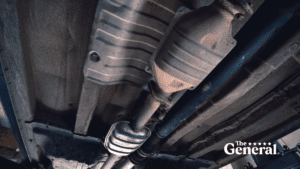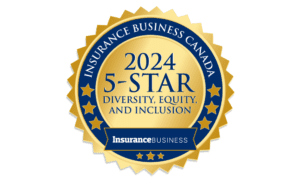Alcohol License Question Survives High Court Challenge
SJC Sees “Integrated Scheme” In Licensing Overhaul
STATE HOUSE, BOSTON, JUNE 13, 2022…..An initiative petition seeking to change state liquor-licensing laws remains alive after the Supreme Judicial Court on Monday ruled that Attorney General Maura Healey correctly certified it to appear before voters on November’s ballot.
The high court rejected a challenge to Healey’s certification, which argued the question did not meet the Constitutional requirement that initiative petitions contain only matters that are related or mutually dependent.
In a decision penned by Justice Dalila Argaez Wendlandt, the court found that the question “presents an integrated scheme whose various provisions serve the common purpose of loosening some of the current restrictions on the number and allocation of licenses for the retail sale of beer and wine for off-premises consumption, while taking steps to mitigate the potential negative effects of this expansion.”
Backed by the Massachusetts Package Stores Association, the proposal would gradually double the number of allowable licenses any one retailer can hold to 18 by 2031, but also reduce the cap on licenses specifically for the sale of all alcoholic beverages — beer, wine and liquor — from nine to seven. The total cap of 18 would cover both licenses for all alcoholic beverages and those for just beer and wine sales.
The proposal would also change the way fines for liquor-sale violations are calculated and put new rules in place prohibiting self-checkout of alcoholic beverages and allowing retailers to accept out-of-state IDs.
The package stores group has pitched its proposal as a compromise essential to preserving a share of the alcohol retail market in Massachusetts for small, independently-owned businesses as large out-of-state corporations muscle into the space. Opponents, including groups representing supermarkets and convenience stores, have knocked it as an attempt to stifle competition from retailers that sell a broader array of products.
Plaintiffs in the case Colpack v. Attorney general had argued that the proposal does not meet the relatedness requirement and would “require the electorate to cast a single vote on five competing and disparate subjects raising significant and distinct policy questions about the number of off-premises licenses a retailer may own (and where), about what regulatory burdens should be imposed on different types of retail channels (and license tiers), and about what practices should be allowed to provide greater choice and convenience for consumers.”
Wendlandt wrote that there “is no bright-line rule” to follow in deciding if the components of an initiative petition are related or dependent.
“We also have determined that initiative petitions containing multiple provisions involving a variety of different regulatory issues nonetheless may meet the related subjects requirement…, so long as the provisions are part of an ‘integrated scheme’ of regulation,” Wendlandt wrote.
In 2020, the court similarly ruled that Healey had been correct in certifying a different proposal involving alcohol sales, which sought to create a new alcohol license type for food stores and eventually eliminate cap on how many alcohol sale licenses any entity could hold.
The backers of that effort, led by convenience store giant Cumberland Farms, dropped their bid amid the COVID-19 pandemic’s toll on the retail sector.
In Monday’s ruling, Wendlandt cited past instances where the court has struck proposals that did not meet the relatedness requirement, including a 2006 question that sought to expand animal-cruelty laws and abolish parimutuel dog-racing; a 2016 question that spoke to both Common Core learning standards and state assessment tests; and the original 2018 version of a question seeking to impose a surtax on income over $1 million and dedicate the revenue to education and transportation needs.
The court threw out the surtax question in 2018 because it found that the tax and the subjects of the earmarked revenue were “not related beyond the broadest conceptual level of public good.”
A constitutional amendment imposing surtax is now set to appear before voters this November, after its backers instead advanced it to the ballot through the Legislature, a process where the relatedness requirement does not apply.
The surtax question is once again subject to a legal challenge, this time taking issue with the summary that Healey has prepared for voters.
The SJC is also due to decide in relatedness challenges to two other questions on track for November’s ballot: one involving classification of and benefits for gig-economy drivers, and another seeking to impose a profit limit on dental insurers similar to those applied to health plans.
The proponents of the driver classification, dental benefits and liquor-licensing ballot questions have until Wednesday, June 22 to submit their next round of signatures to local officials to continue on their path to the ballot. The signatures must be turned in to Secretary of State William Galvin by July 6.







